Plaisir, Le / House of Pleasure (1952)
“Happiness is not a joyful thing.”
|
Synopsis: |
|
Genres, Themes, Actors, and Directors:
Response to Peary’s Review: However, he argues that “the other two segments are disappointing, flimsy, and — except for the wondrous interplay between Ophuls’s moving camera and the high-kicking, spinning dancers in the ball sequence of ‘The Mask’ — flatly directed.” It’s hard to see how Peary could possibly make this claim, given that every single scene and sequence of this film is innovative in its direction. What’s less captivating overall (for me) are the stories themselves, which eventually build to a sense of coherence — pleasure always comes at a cost — but are not necessarily narratively compelling. With that said, it’s impossible to keep one’s eyes off of Ophuls’s prowess throughout this film: his camera is (almost) never not on the move, and it boggles the mind how many seamless tracking shots he manages to include, from the whirling opening sequences of the ball: … to the extended sequence showing Renaud closing up her “house” for the night (significantly, we’re never allowed inside, instead simply watching everything from a distance, often through constructed barriers): … to the devastating next-to-last sequence, shown from a woman’s point of view: While this isn’t Ophuls’s best film, it’s well worth a look by all film fanatics simply to see his brilliance at work. Notable Performances, Qualities, and Moments: Must See? Categories
Links: |
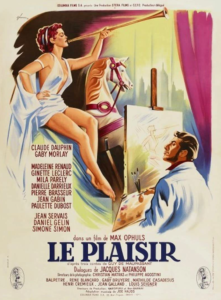
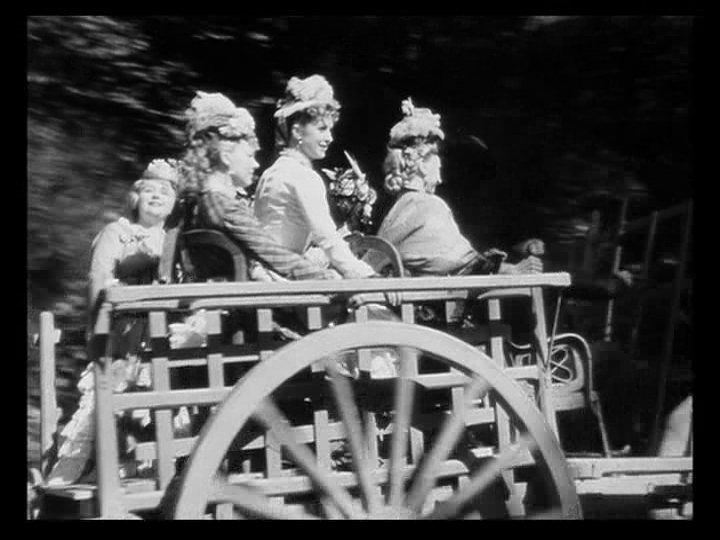
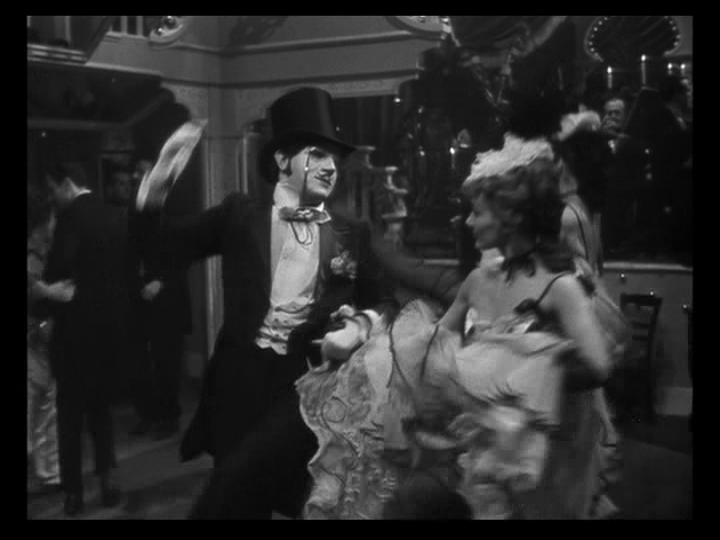
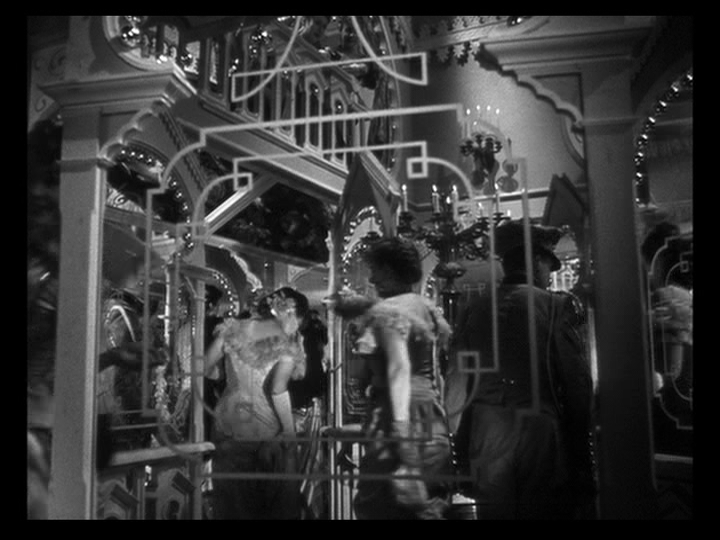
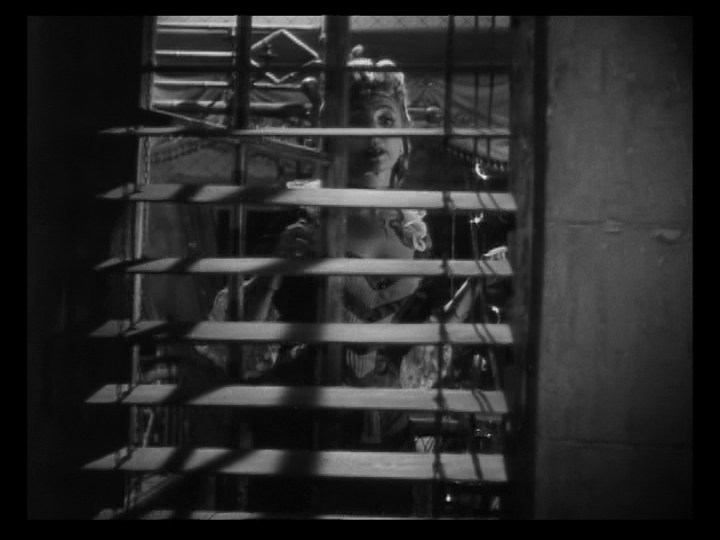
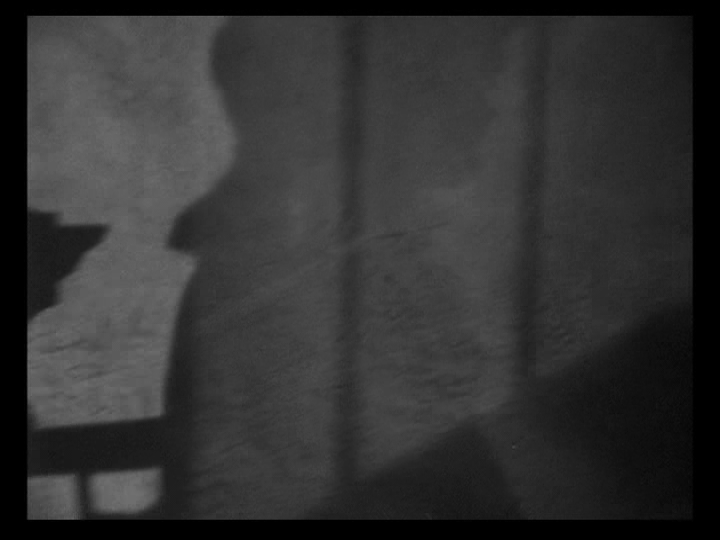
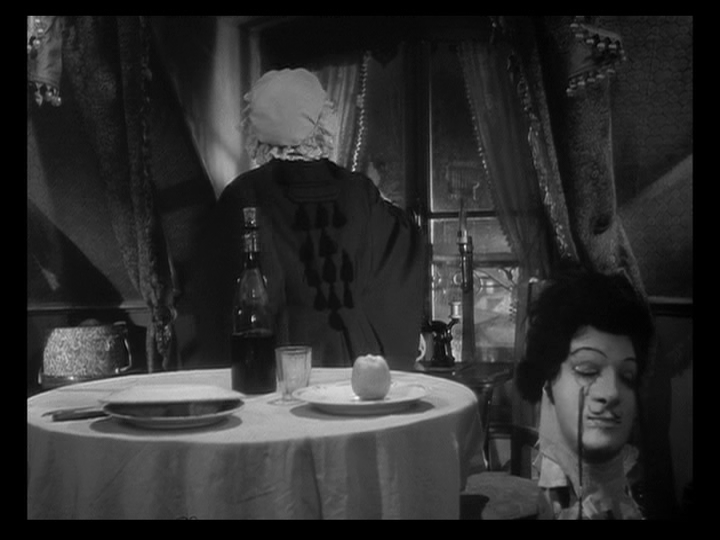
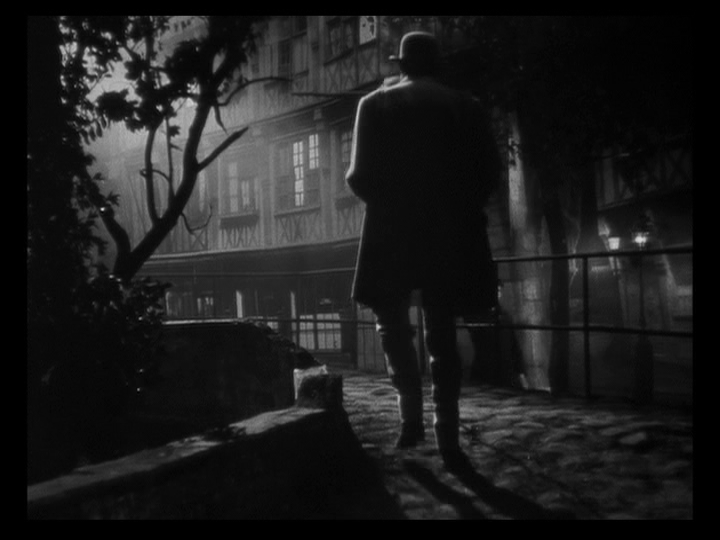
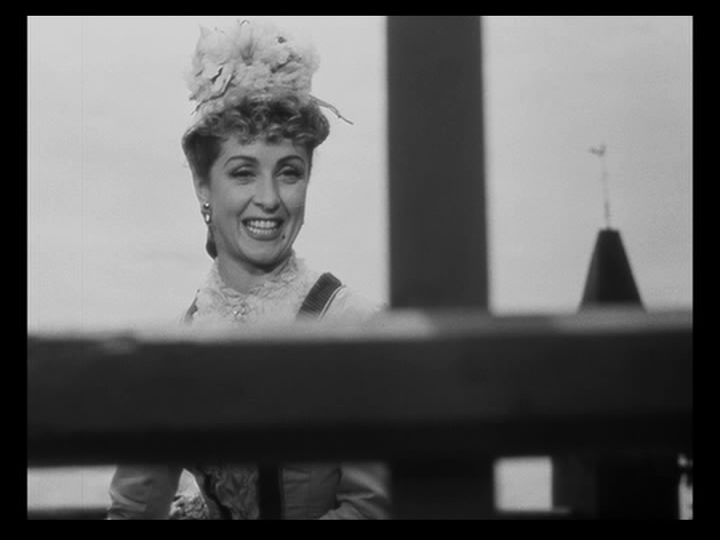
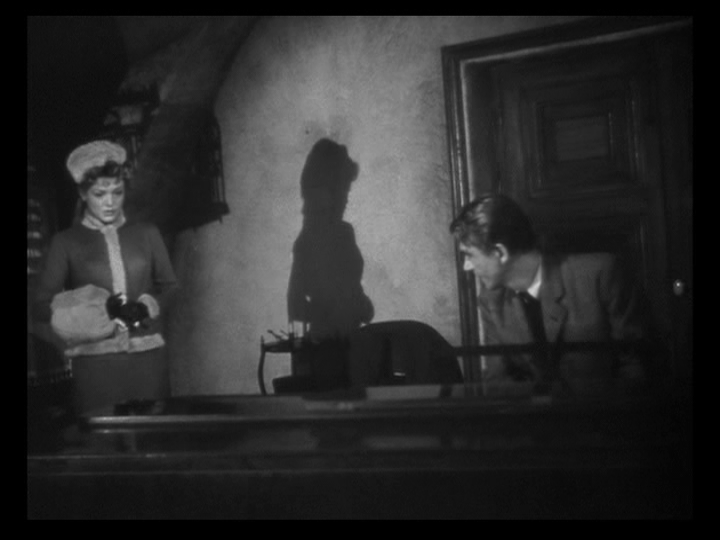
One thought on “Plaisir, Le / House of Pleasure (1952)”
First viewing (10/25/17). A once-must, mainly for Ophuls’ direction and the camerawork. As per my post in ‘The ’40s-’50s in Film’ (fb):
“Come quickly. Ship returned to port. Shipment of cod found.”
‘Le Plaisir’ (1952): A film by Max Ophuls that I hadn’t seen – consisting of 3 stories by Guy de Maupassant; one long one bookended by two shorter ones. These tales of pleasure accent the sensual – as opposed to the sexual – aspect of pleasure, though both are involved: a strange man exhausts himself during a public display of dancing; a brothel madam accepts her brother’s invitation to the countryside for a 1st Communion celebration – taking all of her ‘girls’ with her; a mad passion burns itself out.
I’m not that familiar with de Maupassant but I understand he was not fond of people. Apparently Ophuls *was* – and his visual gift for storytelling reveals a compassionate flair. (The camerawork here, as well, is often wonderfully fluid.)
A number of well-known French actors are showcased – including Danielle Darrieux (who recently passed away at 100); she appears with grace and dignity in the middle story along with Jean Gabin, giving one of his most natural performances.